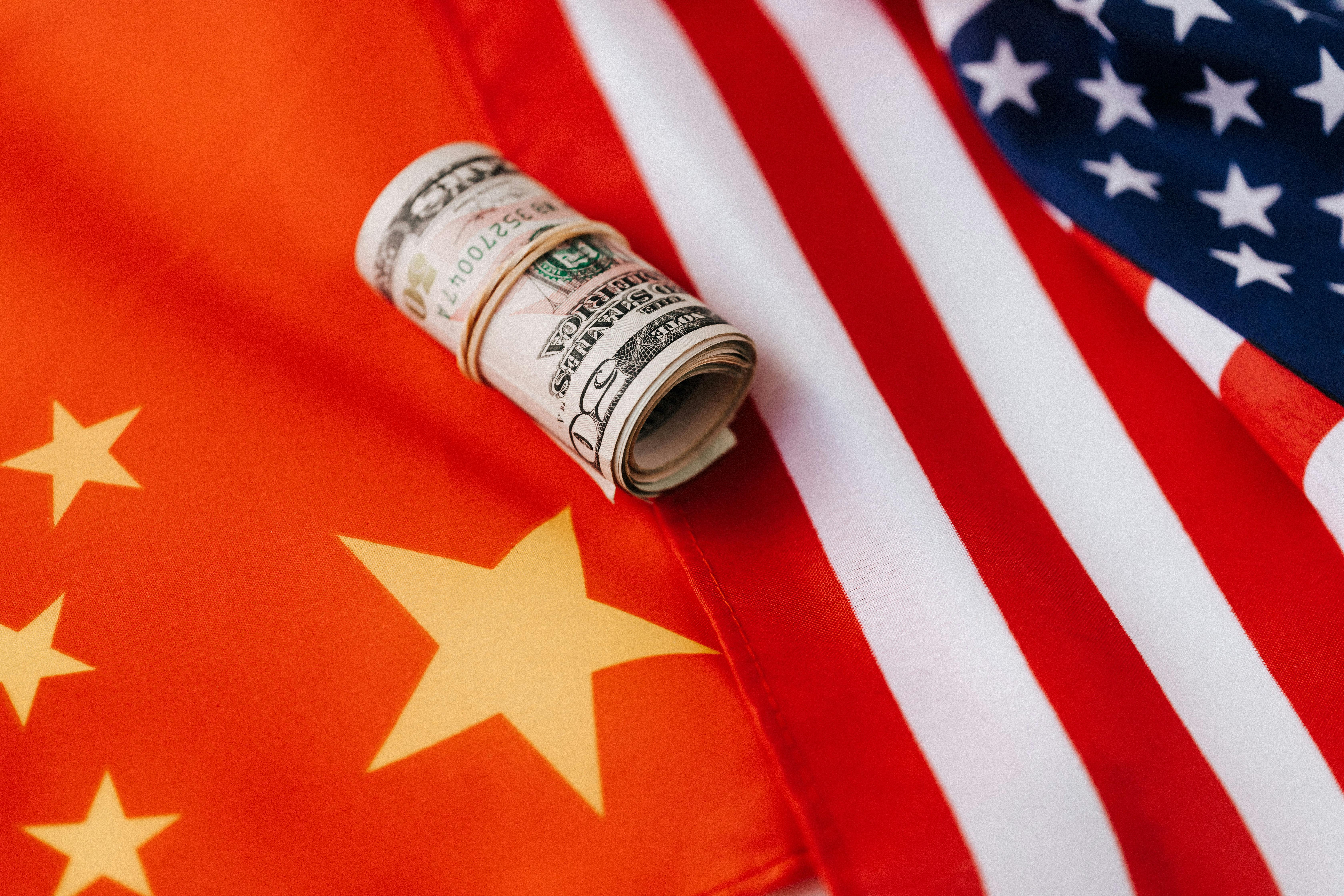China Warns Trump: No Winners In A Trade War

China has issued a stark warning to the US, with Vice-Premier Ding Xuexiang cautioning against protectionist policies that could lead to global divisions and economic confrontation. Speaking at the World Economic Forum in Davos, Ding called for greater cooperation and a new phase of globalisation, urging nations to move away from a “zero-sum” mindset.
His comments follow a flurry of executive orders from Donald Trump, signed just hours after his inauguration. Among them was the threat of 25% tariffs on Canadian and Mexican imports as early as February. While no immediate tariffs on China were announced, Trump warned that Chinese firms could face action, including divesting stakes in TikTok. On the campaign trail, Trump had also pledged to impose duties of up to 60% on Chinese goods entering the US.
Ding highlighted the dangers of such policies, warning that dividing the global economy into rival blocs could lead to “unimaginable consequences.”
“It would be difficult for humanity to address common challenges together. In the worst case, we could lapse into confrontation,” he said. “That would be a situation where no country can stay unaffected. We need to act to narrow divisions and firmly oppose zero-sum and cold war mentalities.”
A Call for Balanced Trade
The vice-premier struck a conciliatory tone, extending an olive branch to the Trump administration. He emphasised that China is committed to pursuing “balanced trade” and is keen to “import more quality products and services.”
The message is significant given the US-China trade imbalance, with China’s goods trade surplus exceeding $100 billion. The Trump administration has long accused Beijing of engaging in unfair competition, a charge that has fuelled tensions between the two economic superpowers.
In a move that underscores his combative stance on global agreements, Trump addressed the Davos gathering remotely, reiterating the US’s withdrawal from key international accords. These include the Paris Climate Agreement, the World Health Organisation, and a global deal on minimum corporate tax rates negotiated through the Organisation for Economic Co-operation and Development (OECD).
Domestic Challenges and Economic Recovery
Ding acknowledged the challenges facing China’s economy, which he described as suffering from “temporary pain” in the wake of the pandemic. However, he dismissed the need for drastic counter-cyclical measures, instead signalling targeted steps to stabilise growth.
“We will intensify the package of incremental policies to boost real estate, the stock market, and restore public confidence,” Ding said. “This year, China will intensify its proactive fiscal policy and accommodative monetary policy while vigorously boosting consumption, facilitating innovation in industry, and developing capital markets.”
China’s government aims to achieve annual GDP growth of 5% through a combination of export expansion and increased consumer spending. Analysts believe additional stimulus measures could be announced as early as March, complementing the $1.5 trillion in credit easing rolled out last year.
The Path Forward
The vice-premier’s remarks underline China’s determination to counter the fallout from global tensions while maintaining a steady path of domestic reform. By focusing on balanced trade and economic innovation, Beijing appears to be signalling a willingness to cooperate with Washington—provided there is mutual respect.
As Trump’s trade threats loom, the stakes are high. Ding’s warning serves as a reminder that in a trade war, there are no winners—only shared costs.
World Liberty Seeks Federal Trust Charter
World Liberty Financial, the crypto venture backed by the Trump family, has applied for a US national bank trust charter... Read more
Saudi Banks Tap Overseas Markets
Saudi Arabia’s banks are borrowing from international markets at their fastest pace on record, as lenders try to squar... Read more
Amazon Continues To Cut 16000 Gone
Amazon has announced plans to cut a further 16,000 roles from its corporate workforce, extending the cost and organisati... Read more
The UK May Have A Voice In Ai
Europe’s AI sector has grown accustomed to playing catch-up. Capital has flowed more slowly than in Silicon Valley, va... Read more
Musk Applies Pressure To BT
Britain’s broadband market has spent the past decade locked in a familiar pattern. Incumbents invested heavily in fibr... Read more
Blackrock Sees EMEA Moving Into Private Assets
BlackRock has warned that investors across Europe, the Middle East and Africa are reshaping portfolios in response to wh... Read more

